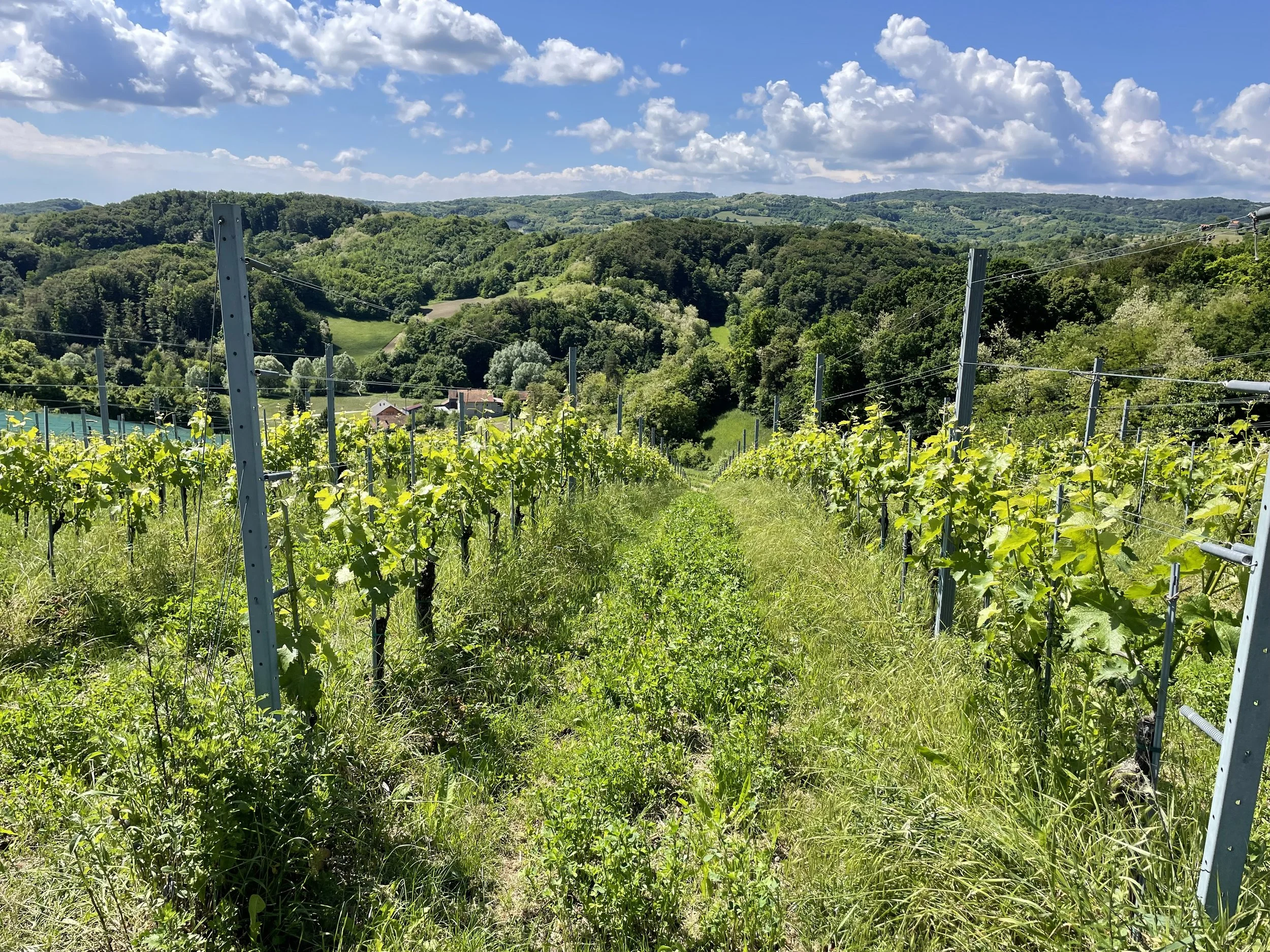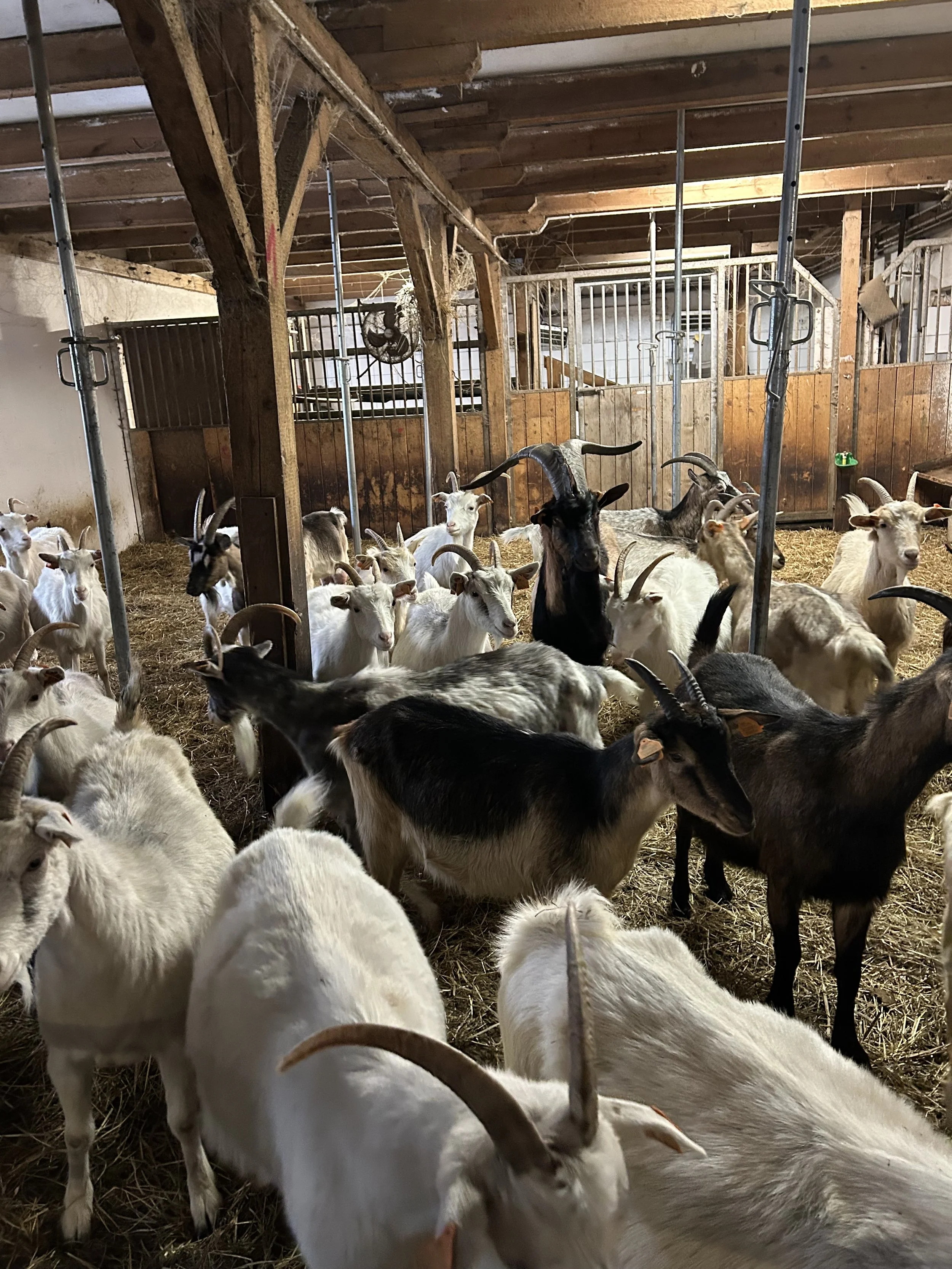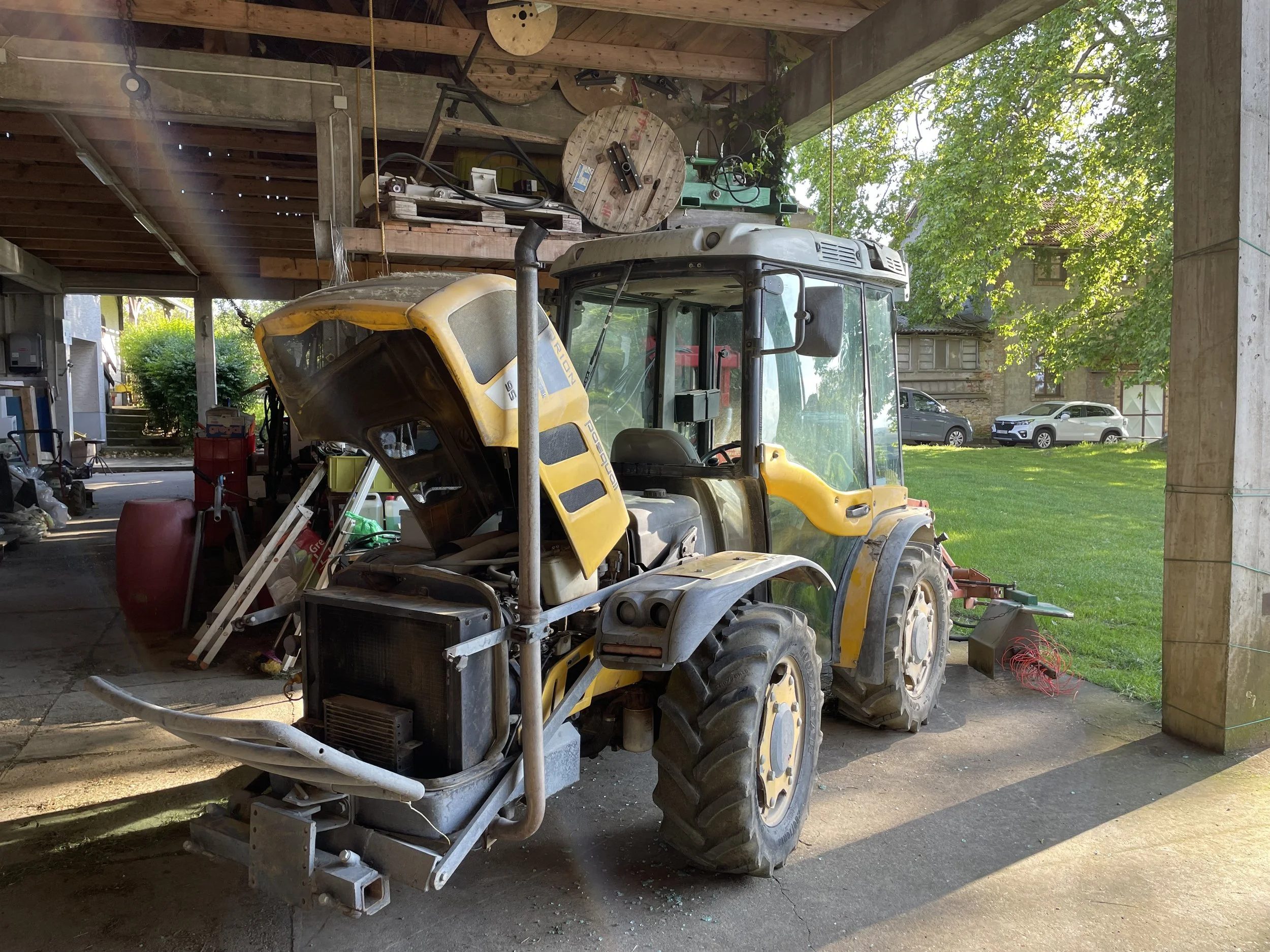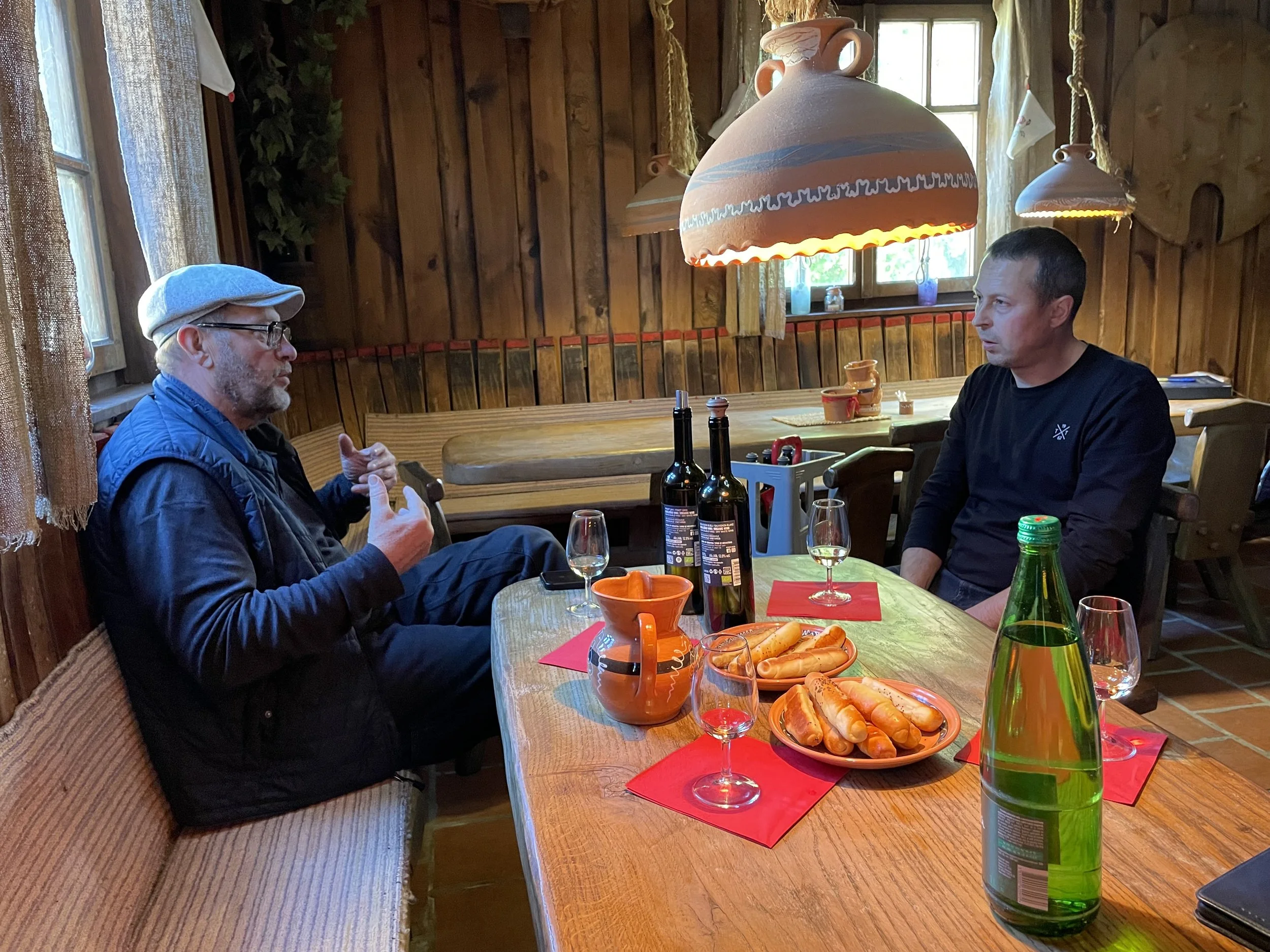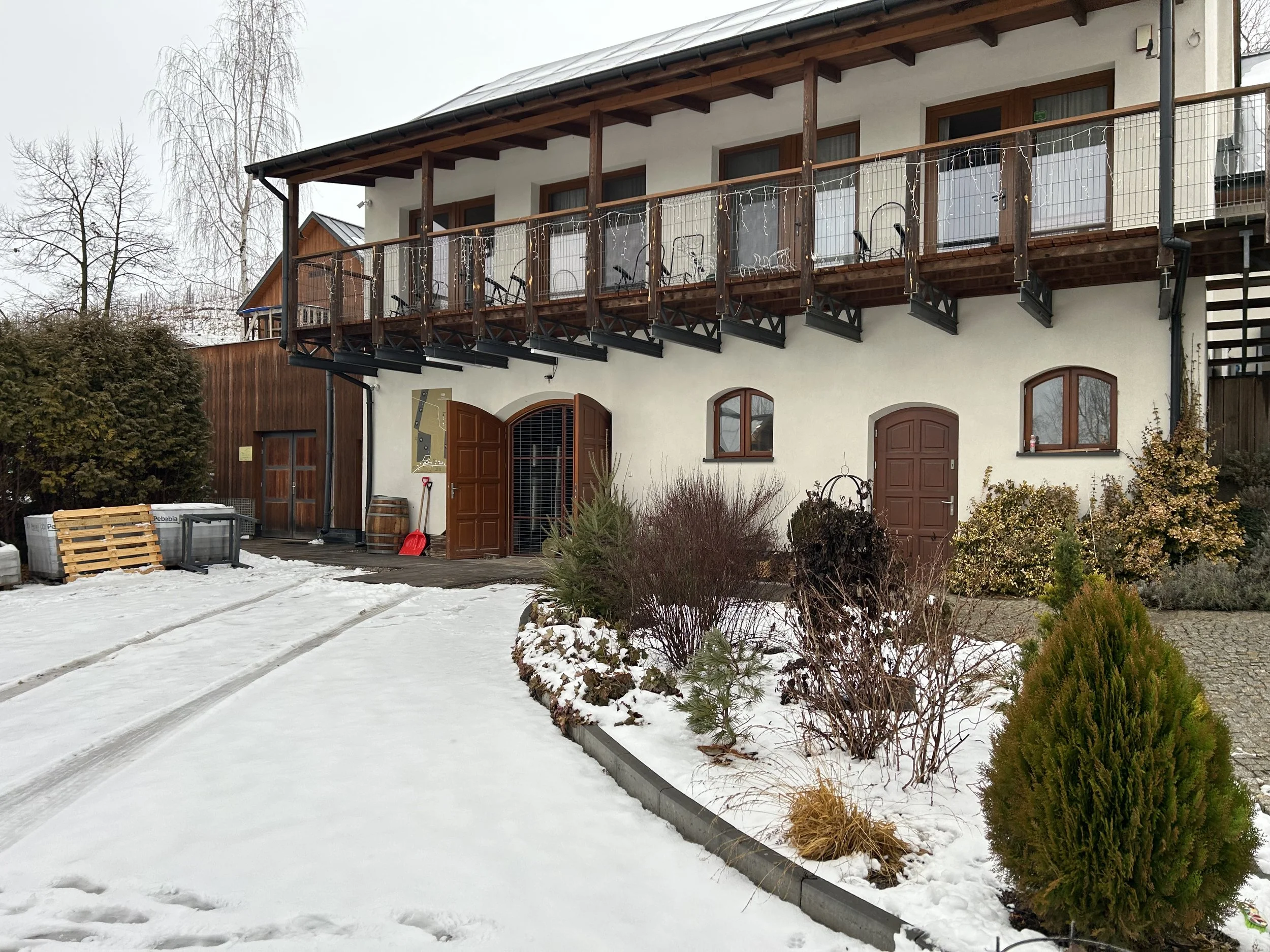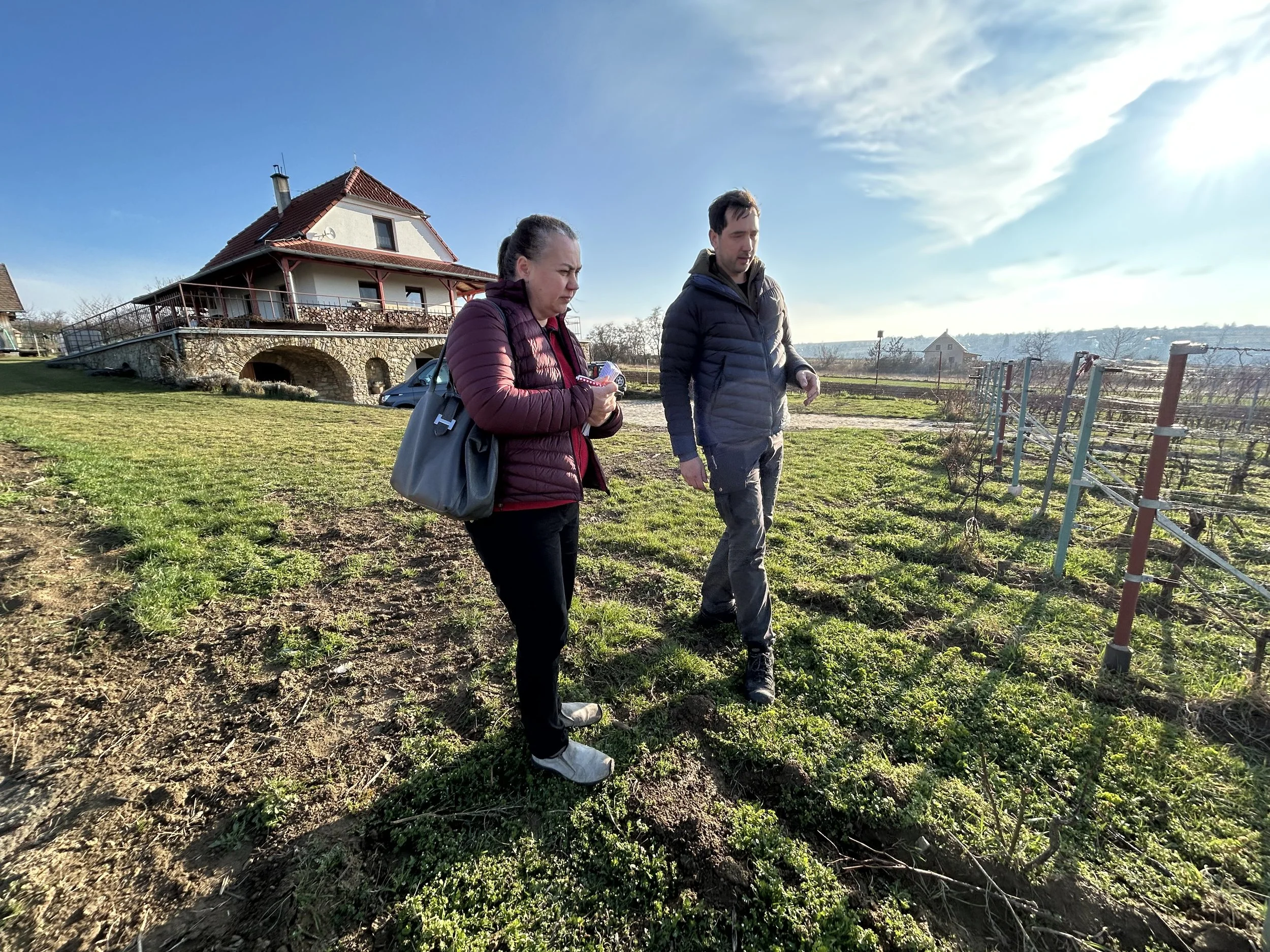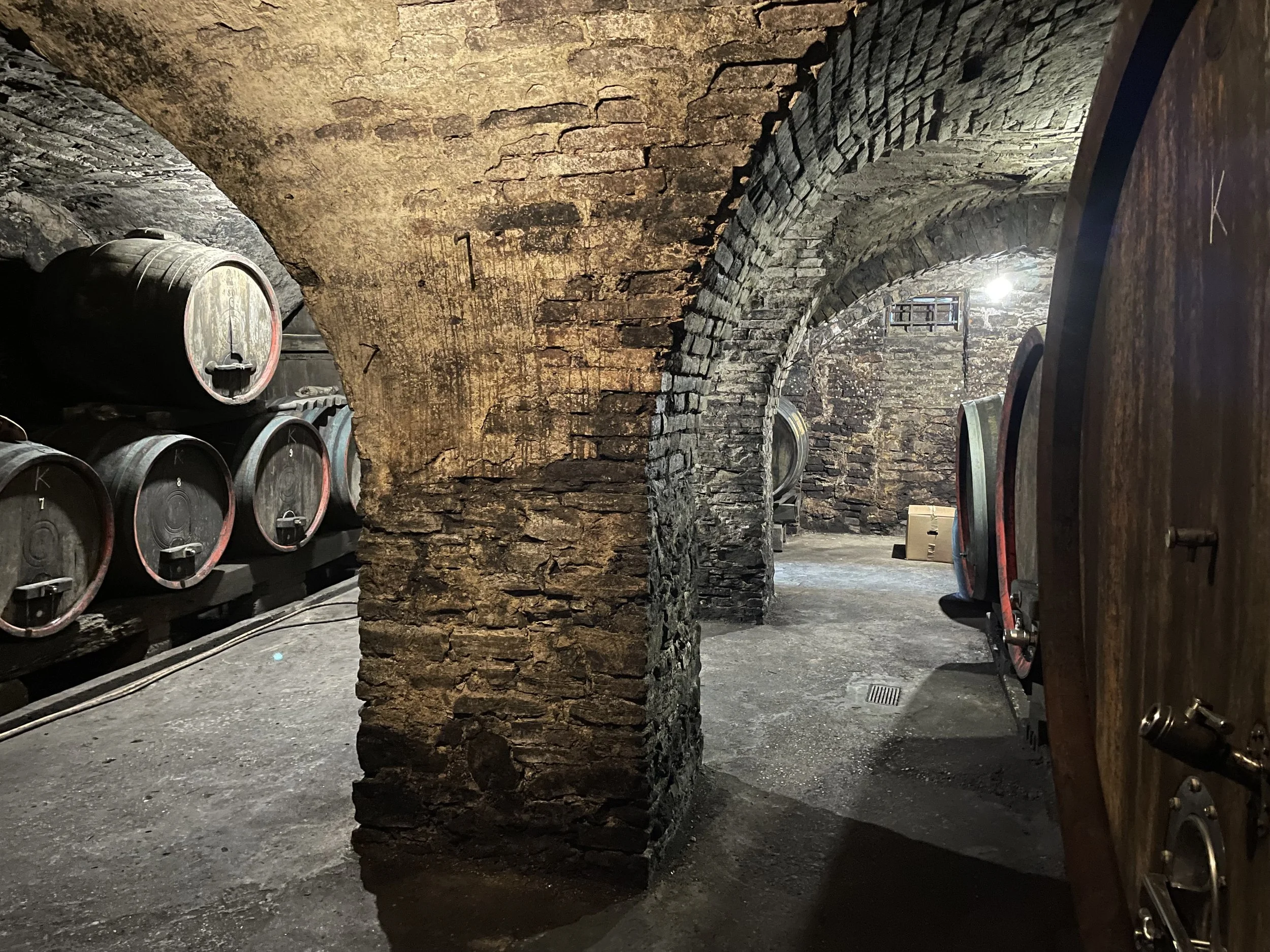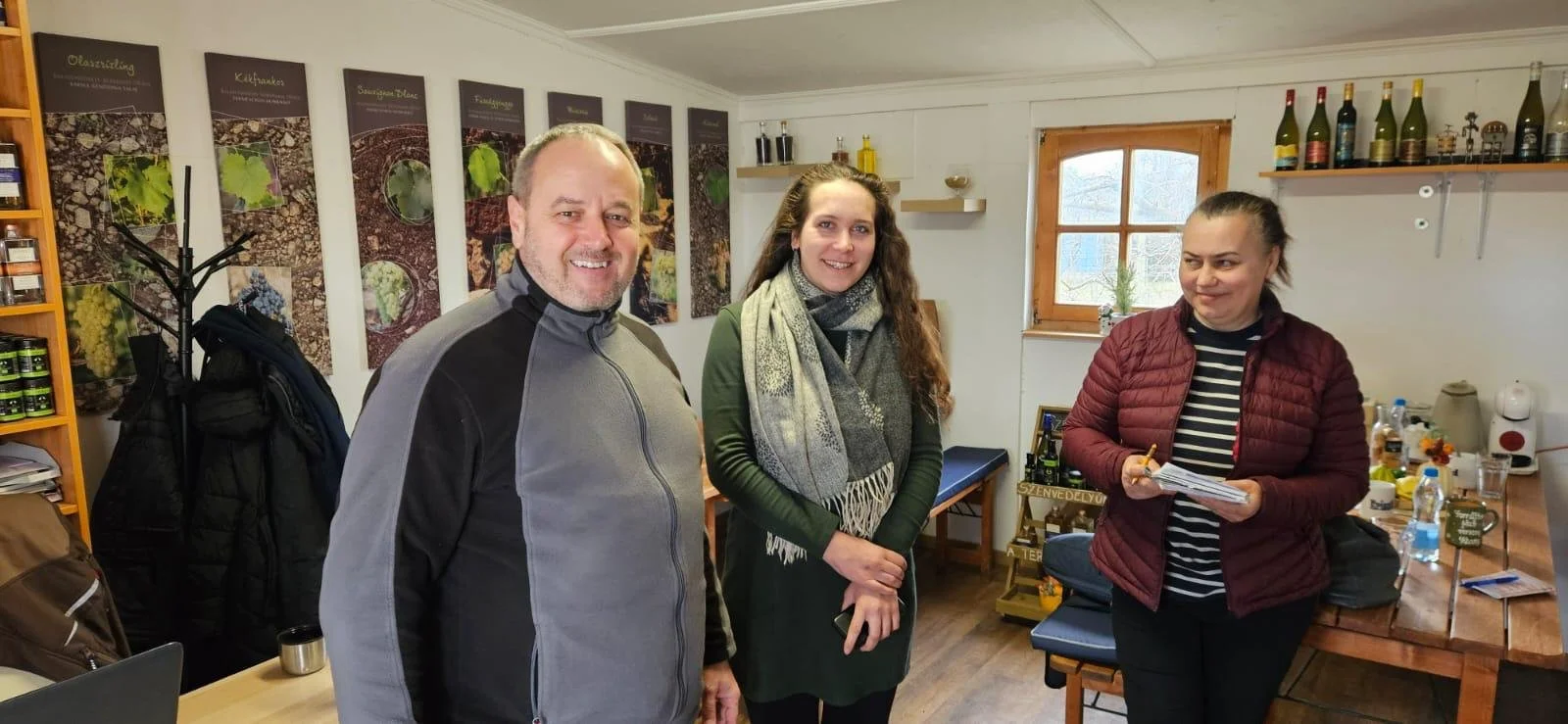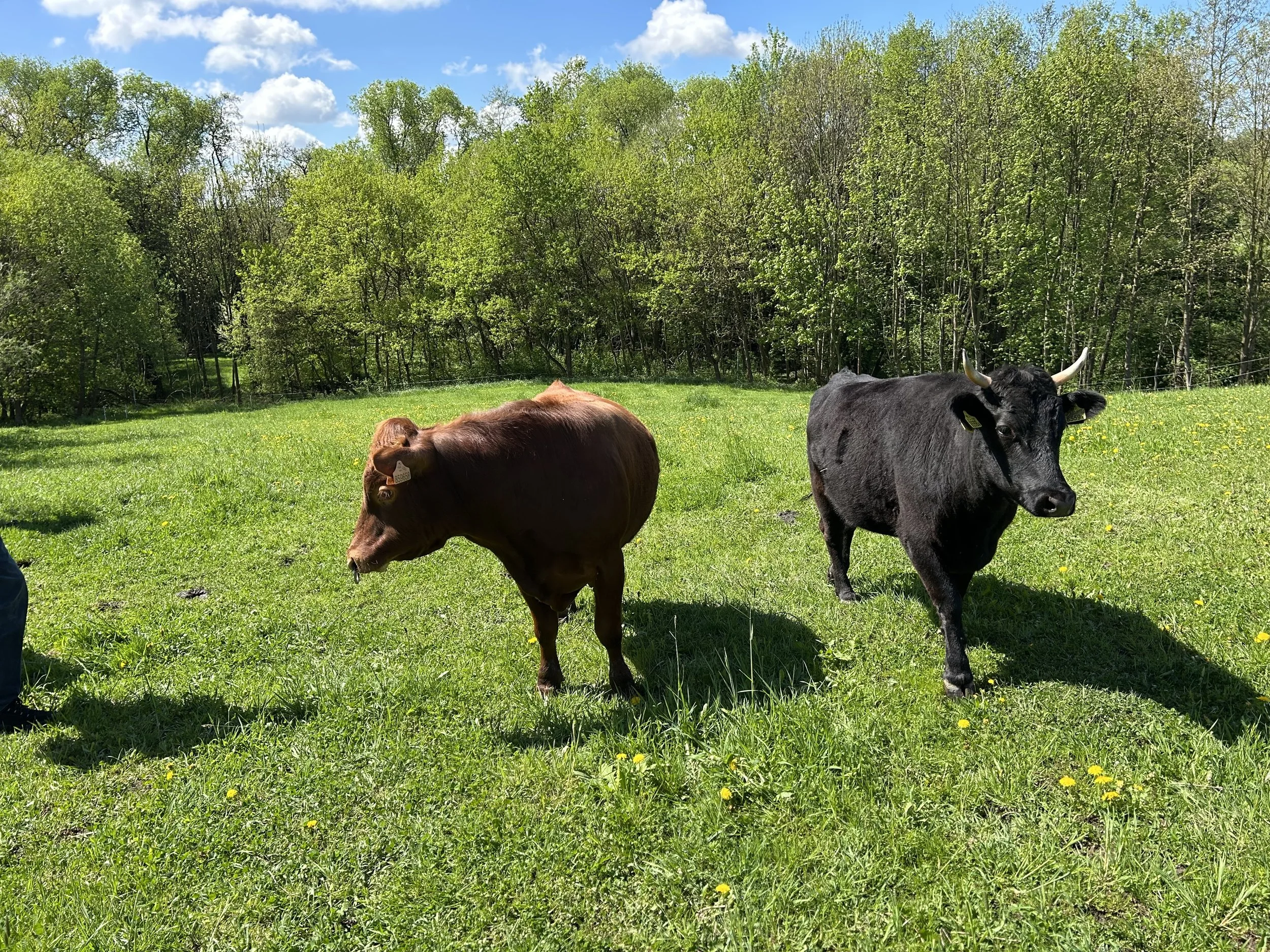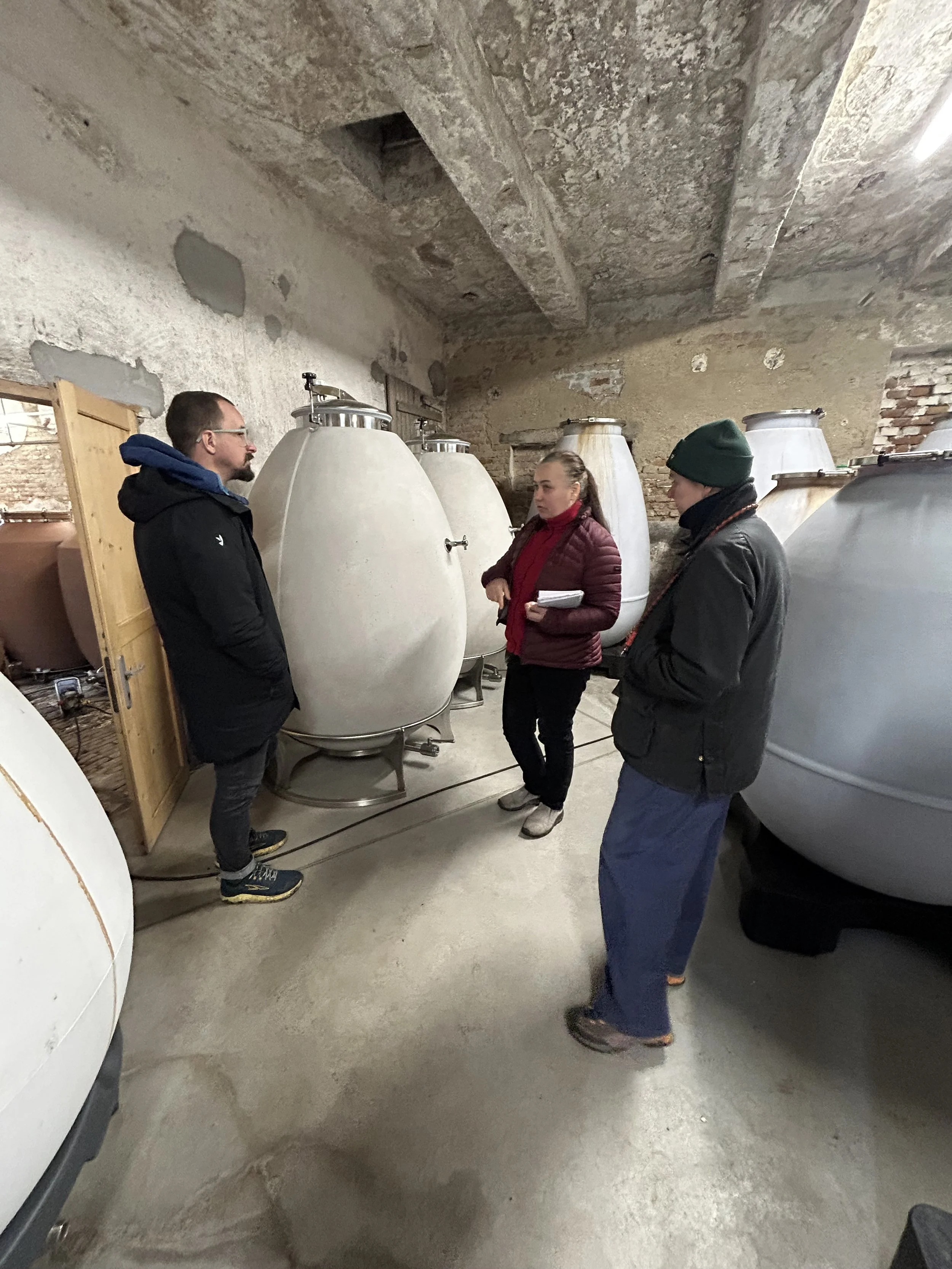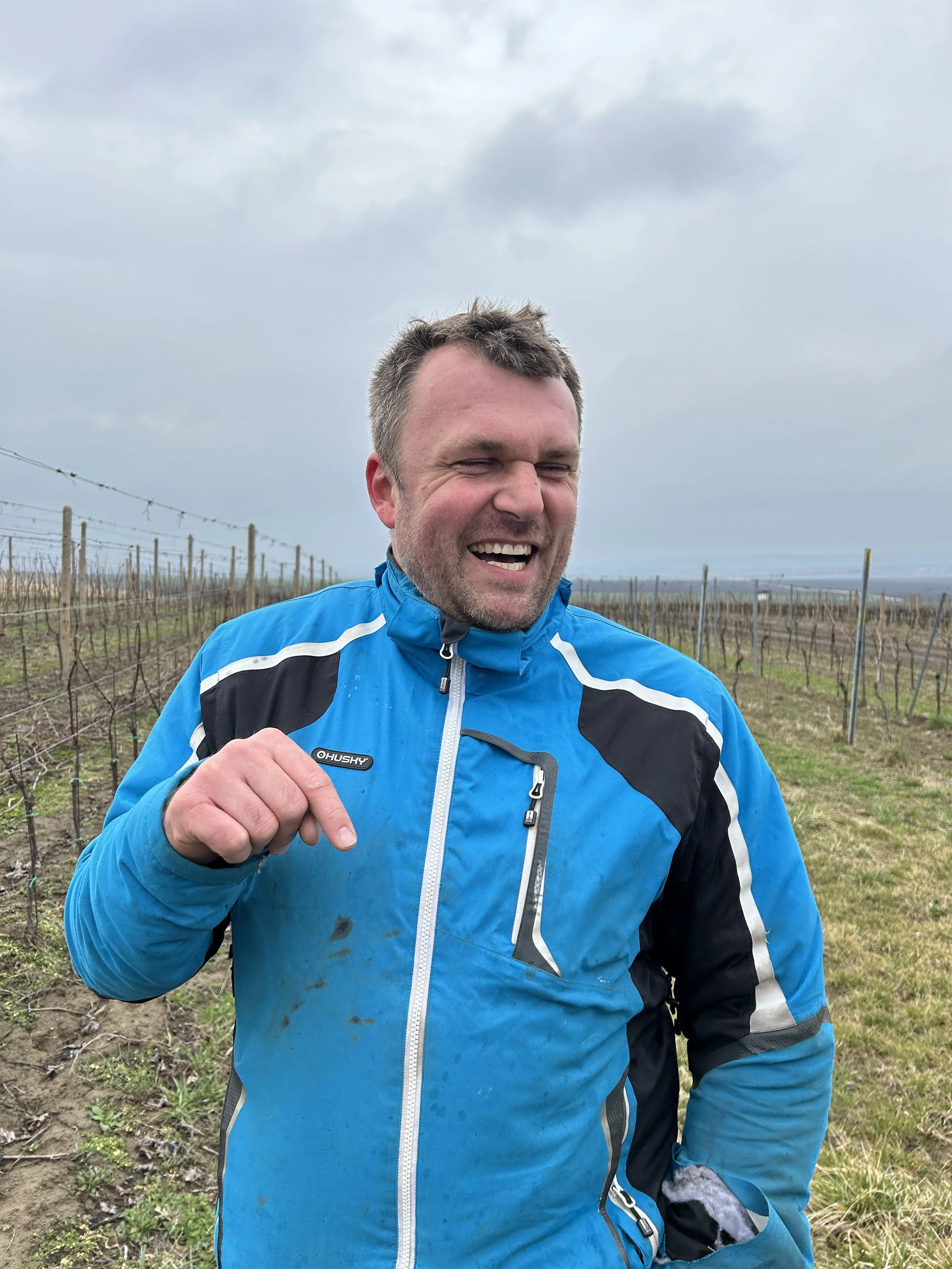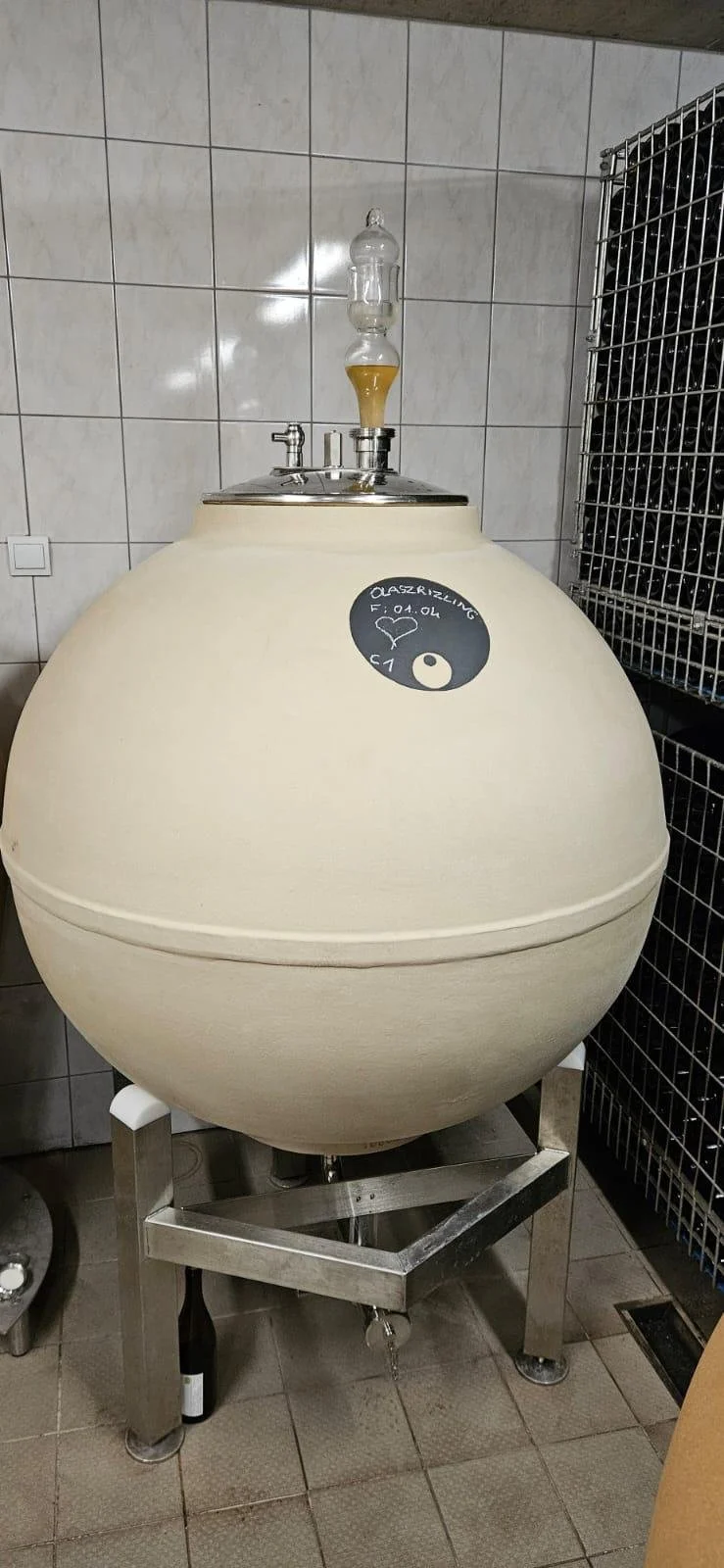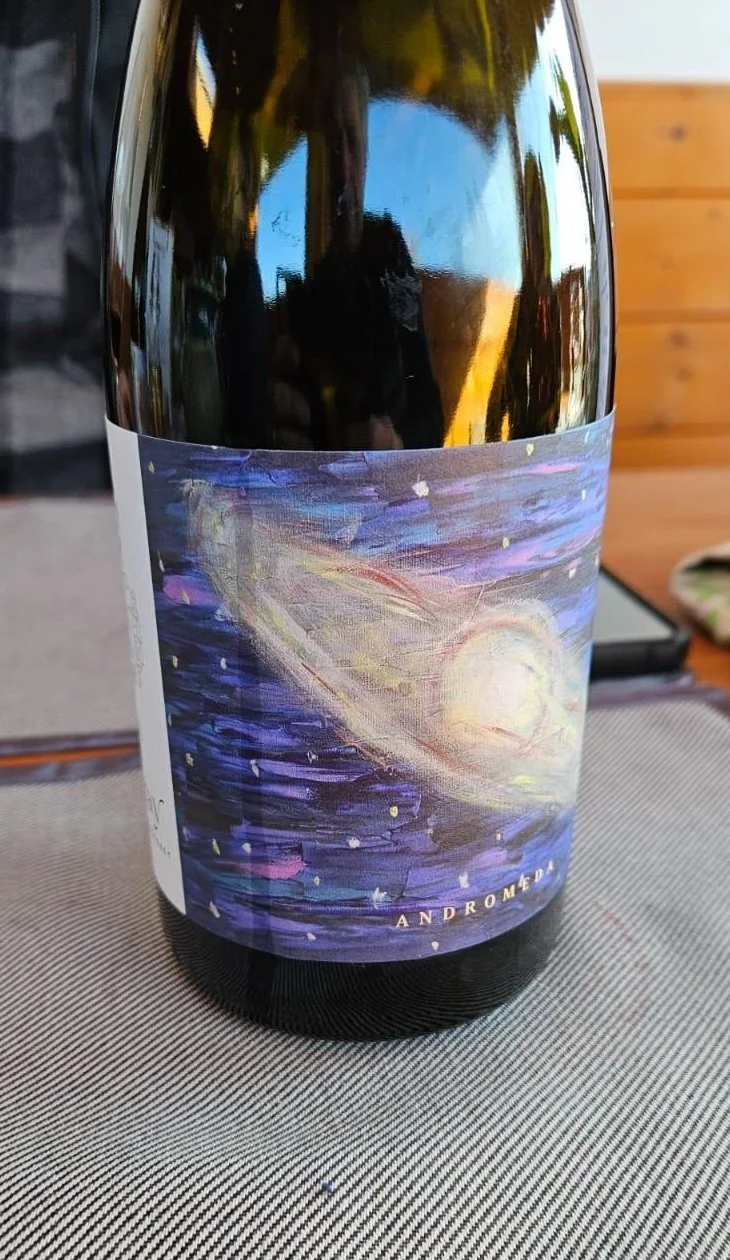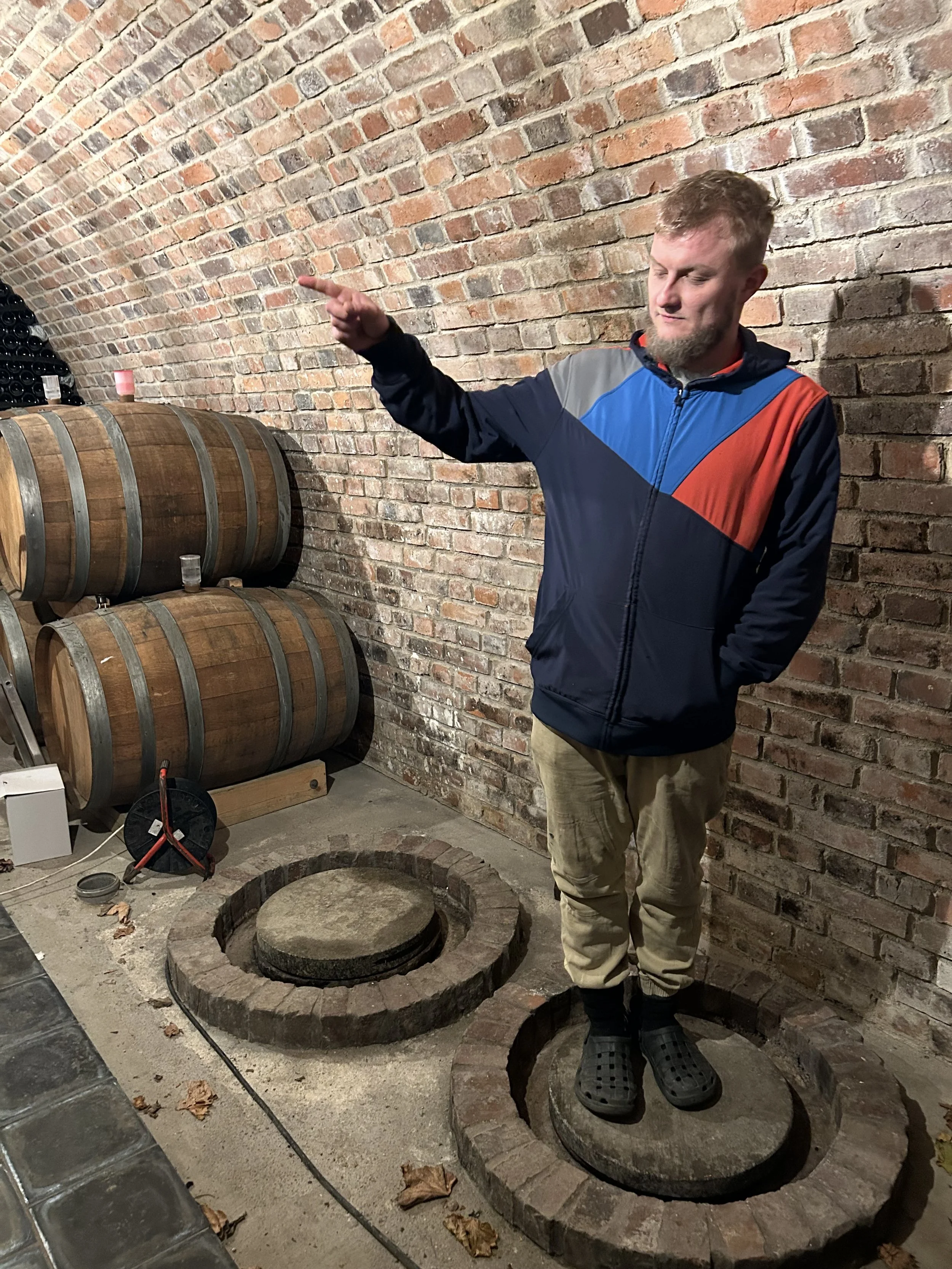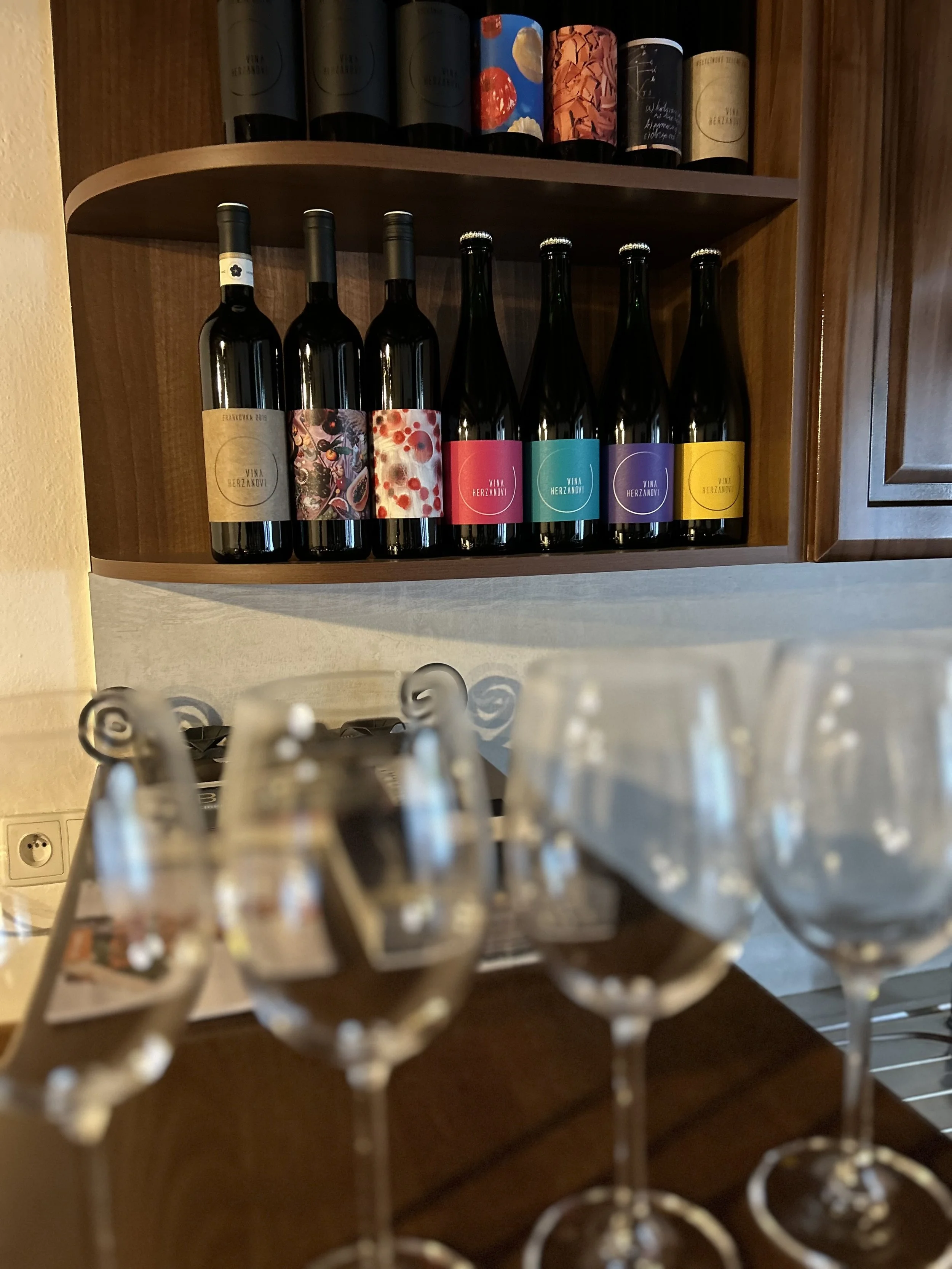Biodynamic Viticulture Adaptation of the BD viticulture concept to the conditions of Eastern Europe
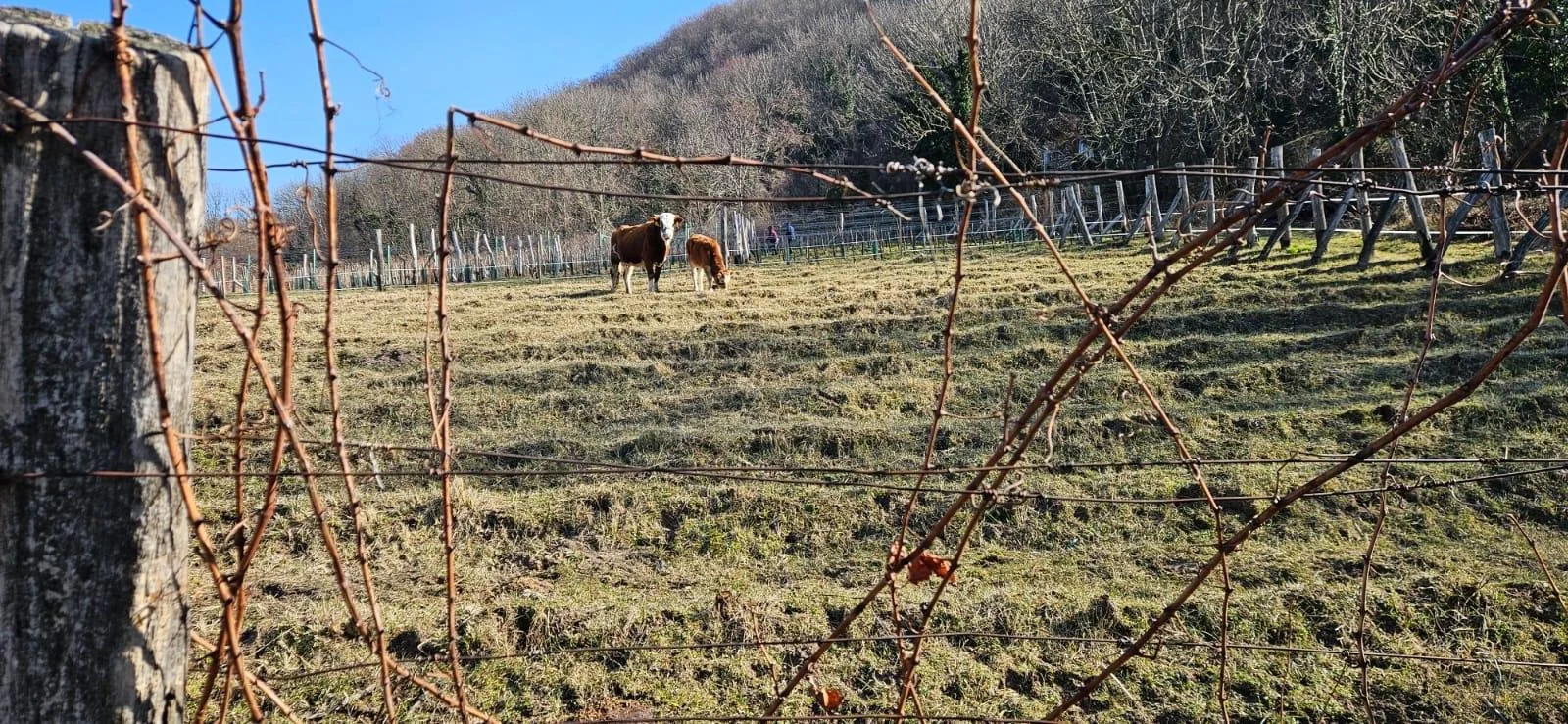
Expert opinion on the strengths and weaknesses of the application
Relevance
The priority of the project “BD Viticulture Adaptation of the biodynamic viticulture concept to the conditions of Eastern Europe” is a logical choice, as the application establishes direct and well- founded links between the project objectives and the chosen priority. For example, the ecologically relevant cultivation of vineyards and gardens without fertilizers and pesticides is the focus of this proposal. As requested, it therefore corresponds to the horizontal priority “Combating climate change” in the areas of agriculture, fisheries and forestry. There are three main project objectives, which build on each other and are meaningfully linked in terms of content. The aim is to close the recognized training gap between conventional and biodynamic agriculture, which is to be achieved primarily through the creation of a certified training and further education programme in the areas of “biodynamic” agriculture, sustainability and climate resilience. This also makes references to the promotion of rural areas evident, even if these should have been presented more clearly. The experience already gained in Western Europe in the transition from conventional to biodynamic viticulture and its marketing is the vehicle for the transfer of knowledge and expertise between the project partners and the clearly defined target groups, primarily from the wine industry and associations. The profile of the participating organizations shows a country focus in Eastern Europe, because green skills for organic farming, agriculture and especially the cultivation of wine are not yet so widespread here and there is therefore a particular need for education and an interest in exemplary solutions. This increases the relevance of the topic in geographical terms. The participating organizations all have a relevant profile in the field of wine growing and vocational education and training, with the applicant Wanderschule having relevant expertise in ecological issues of sustainable production in viticulture. It should be emphasized that the present, detailed and meaningful needs analysis with a focus on the cultivation of wine underlines that this project is highly relevant for the participants and the project objectives. The direct aim is to provide answers to the needs of wine producers by teaching them alternative, ecologically relevant techniques of cultivation and care. Synergy effects are to be expected not only between the educational sectors, but also with regard to the entire Eastern European region, whereby the existing obstacles to conversion to organic or biodynamic agriculture in “Eastern Europe” should have been much more clearly illustrated. The project is innovative and complements existing initiatives of the Wanderschule as a biodynamic pioneer and expert institution with a strong focus on the expansion of existing initiatives to Eastern European countries. A European added value is recognizable, not only in the context of the participating institutions, but also the networked educational partners and other countries that are not applicants, but can clearly benefit from this project. Although the link to adult and vocational education is not clear-cut, it is all the more appropriate for the target group by creating a practice-oriented learning arrangement whose content is appropriately named and includes the necessary business skills. Due to its high transfer potential, the project is highly suitable for creating synergies for the promotion of “green” agriculture as part of the Green Deal. However, transferability could have been better ensured by a website on which all project results are available in all national languages with regard to the target group, whose English skills are not presented.

